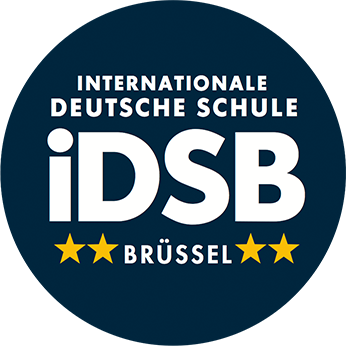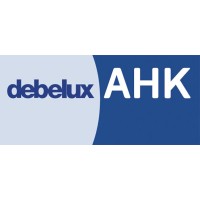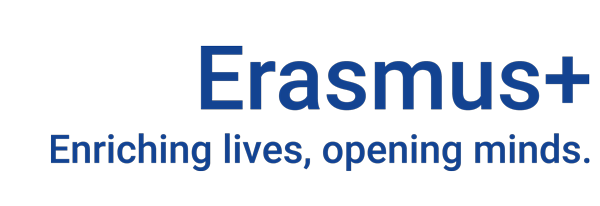Languages
German as a second language in elementary school
As a German school abroad, our school lives especially from the linguistic diversity that our families bring with them. Children who grow up bilingual or multilingual attend the iDSB; children from German-speaking families who have previously attended school systems in other languages; and children who come into contact with the German language here for the first time. This wealth of language is an enrichment for our school, and we pick up each child where he or she is at in his or her language development.
During their elementary school years, children still learn a language unconsciously and through play, and our German as a Second Language program builds on this: After a well-founded determination of the current language level, the children are intensively supported in small groups with the proven material from the project “German for the Start of School” (http://deutsch-fuer-den-schulstart.de) and have great fun acquiring the German language. We promote speaking competence in a playful way in the areas of vocabulary, grammar, text competence and phonological awareness.
Depending on the child’s needs, we recommend a free two-hour or a fee-based four-hour support program for your child, which is integrated into the school day. Our teachers are continuously trained, scientifically accompanied and teach according to modern language support concepts.
In our Parents’ Reader (in German or English) you will find tips and advice on how you as parents can support your child in learning German, even if you may not be a native German speaker.
We speak in many languages
Our children speak over 30 languages at home! We promote German as the language of instruction and offer English and French as foreign languages in elementary school.
German
We strengthen your child in the German language with the common goal of building good foundations for the further school career.
In 1st grade, the learning processes of reading and writing start in parallel. After introducing the first letters, the students work with the phonetic table and are soon able to read and write their own words. The division of words into syllables and syllable swinging are basic strategies for reading and writing, which we build up systematically from 1st grade onwards. We support age-appropriate, well-developed spelling beginning in grade 1 and continuing through grade 4 with spelling strategies that simultaneously empower children to self-reflect and self-monitor.
Motivational free writing is a fundamental part of the weekly class schedules. Whether stories, invitations, diary entries, or letters to former classmates, a variety of writing occasions encourage children to implement their own writing ideas and develop writing skills. Author readings, reading boxes, reading evenings, and reading tandems actively contribute to the promotion and enjoyment of reading.
Foreign languages
In elementary school, we place great emphasis on the development of practical language skills in English or French from grade 1 onwards. Our foreign language groups are limited to a maximum of 16 children in 4 weekly lessons. We offer classical lessons and topics according to the curricula of the state of Thuringia, but intensify language learning through language ateliers, in which each elementary school child is offered different learning approaches.
In all foreign language lessons, our trained specialist teachers as well as native-speaking teachers differentiate so that all children – from foreign language beginners to native speakers – receive intensive support.
Outside of regular classes, the children also have the opportunity to put their language skills into practice: In the English or French cooking club, in art in French or the water games club with a Francophone swimming coach.
“We love the cooking club because we cook delicious things, at least most of the time. Also, we don’t just cook French, we cook different culinary styles. We get the recipes after cooking so we can make it again at home. We find it especially interesting and exciting that the AG is bilingual: German/French.”
(Leoni & Johanna, Pupils of the iDSB)
A letter for parents with a lot of interesting information about “Foreign languages in elementary school” can be found HERE.
If you have any further questions, please do not hesitate to contact us:










